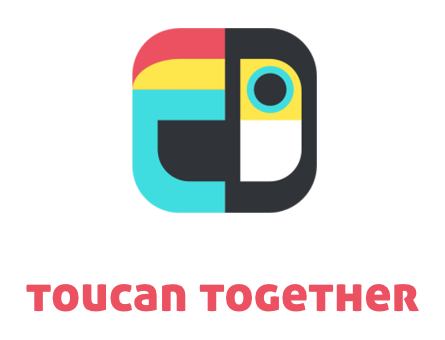Life can sometimes get us down. What do you do when you don’t think you can do anymore and things seem to be getting worse? Whilst there can be great support, encouragement, advice and equipping from family, friends and church, sometimes the problem may need a more specialised approach and this might be when you consider counselling.
No-one finds it easy to admit when they might need a little help from outside, and sometimes Christians find it doubly difficult as they have some idea that with God ‘all things are possible’ and so they shouldn’t need to ask for help. However, we don’t have the same idea if we need medical help or legal help, and the help of counsellor could be seen in the same way.
“the sooner you seek help the easier it is to put right”
As with many issues or problems in life the sooner you seek help the easier it is to put right and counselling is no different. The earlier help is sought for a problem between couples or within families, the more likely the issues can be addressed and resolved quickly. Those who leave seeking help until years of bitterness and resentment have added layer upon layer to a problem often have a longer and more difficult time finding a way through to repentance, forgiveness, reconciliation and resolution.
If you decide to seek counselling for relationship difficulties how do you then go about finding a counsellor? Here are some guidelines to help find a professional and competent counsellor even if you have been given the name of someone by family, friends or ministers.
Use accrediting governing bodies like the Association of Christian Counsellors (ACC) or the British Association for Counselling and Psychotherapy (BACP) to search for accredited, qualified and experienced counsellors.
Ask about the following:
Training, qualifications and experience. Make sure these are relevant for the problems you will be presenting, e.g. if you are having sexual difficulties make sure they have training, qualifications and the majority of their client experience is with sexual problems.
- What is their confidentiality policy and what counselling contract do they offer? Ask if you will have a written copy of these.
- Do they work under ethical guidelines and which ones.
- What are their supervision, record keeping and data protection arrangements.
- Do they have public liability and/or professional indemnity insurances?
- What payments will be charged and how and when are payments accepted.
- How often will sessions be offered and what are the procedures and fees for cancelling booked sessions.
- Will there be regular review points to evaluate progress and direction.
- Approximately how long does the counsellor expect you to be in counselling and how will counselling end.
- How and to whom can you make a complaint, if necessary?
All these questions should be asked and/or answered in an initial assessment or consultation appointment that should be offered as a stand-alone session without any requirement or commitment to continue. You might find it useful to arrange to have initial consultations with more than one counsellor so you have a few to compare and choose which you feel most comfortable with.
“Counsellors are not in the business of telling you what to do or imposing their own views.”
Christians often feel concerned to find a Christian counsellor. Whilst this is understandable it is probably less important than you might think. After all, even if you find a Christian counsellor there is no guarantee you will necessarily agree on things Christian or non-Christian! Professional, well trained counsellors, regardless of their own faith or non-faith perspective, are trained to work with the life view and values of the client, whatever they might be. Counsellors are not in the business of telling you what to do or imposing their own views. Respect for the autonomy of the individual is one of the core conditions for professional counselling. So it’s probably more important to find a well trained and experienced couple, family or relationship counsellor than to find an inexperienced, poorly qualified Christian one. After all, when a tooth hurts you probably wouldn’t insist on being seen by a doctor just because they are a Christian when you really need to see a dentist, Christian or not!
Useful contacts
The Association of Christian Counsellors – www.acc-uk.org
The British Association for Counselling and Psychotherapy – www.bacp.co.uk
A directory of BACP accredited counsellors – www.itsgoodtotalk.org.uk
A directory of professional counsellors and psychotherapists – www.counselling-directory.org.uk
The British Association for Sexual and Relationship Therapy – www.basrt.org.uk
FamilyLife asked Pamela Duffy MA, MBACP (Accred), ACC (Accred) to write this article to help those seeking to find a good counsellor. We are grateful for her well founded advice!



